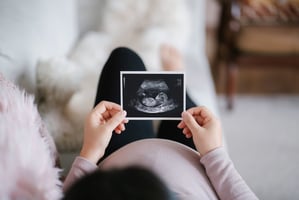Prenatal Caffeine Doesn't Raise Risk of Problem Behavior in Kids
 |
After adjusting for potentially confounding demographic, psychological, and medical factors, the researchers found that, “Caffeine intake was not associated with a higher risk for behavior problems or with suboptimal prosocial behavior.” Those results indicate that pregnant women should not be advised to reduce their caffeine intake solely to prevent behavior problems in their children.
To read more about prenatal risks, see Psychiatric News here.
(Image: Kostrez/Shutterstock.com)





